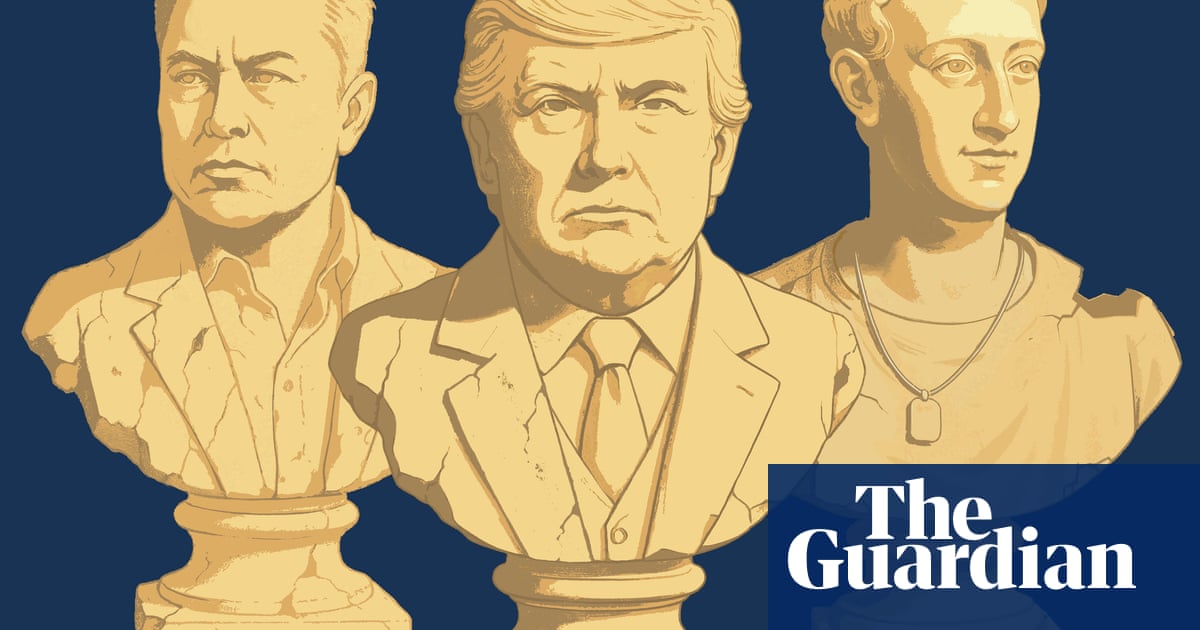Donald Trump’s return to the White House is so far proving more nightmarish for US allies and friends than adversaries. China certainly doesn’t relish a trade war with the US, but it was better prepared than others for Mr Trump’s tariffs, and both sides appear to be leaving room for a potential deal. And, though China’s leader, Xi Jinping, is poised for worse to come, the second Trump term is bringing Beijing opportunities as well as problems.
International respect for the US plummeted under his last administration. As the US president turns the screws on long-term partners, China is looking to take advantage. Colombia quickly caved to Mr Trump on the matter of migrant returns, but China’s ambassador has been celebrating the “best moment” in relations between Bogotá and Beijing. Under pressure from the Trump administration, Panama announced that it would allow its participation in China’s global infrastructure plan, the belt and road initiative (BRI), to expire. Yet behind-the-scenes arm-twisting had already begun tilting Panama back towards the US. Mr Trump’s attempts to humiliate and bully may backfire there and across the region.
He is likely to find it harder going, too, away from his back yard, in Asia, Africa and the Middle East. The US has never been afraid to use hard power, but trade, aid and military alliances have also been key to its hegemony. No longer. Mr Trump’s attack on South Africa, cutting financial assistance, may delight Elon Musk, but pointlessly alienates an important middle power. His declaration that the US will expand its territory in various locations – using military force if necessary – shows his utter contempt for the law, as does his order to halt enforcement of US legislation banning the bribery of foreign officials.
China might well benefit by addressing some of the impact of the US axing aid – it funds at least one affected group. But it has focused more on loans and infrastructure than partnership with local organisations, and its record suggests it is unlikely to fill the financial holes left by the US.
There is little naivety about engagement with Beijing these days, but many countries will conclude that they have little choice but to hedge their bets. China is most likely to gain ground in multilateral institutions, and among middle‑income nations that view it much more positively than high-income ones.
Mr Vance’s blast at European leaders at the Munich security conference, and promotion of the hard right, was a shocking moment of clarity. Yet far from holding out a velvet-gloved hand, Beijing has just appointed a controversial “wolf warrior” diplomat as its special representative for European affairs. Lu Shaye sparked fury when, as ambassador to France, he questioned the sovereignty of former Soviet states and Ukraine’s sovereignty over Crimea. As China and the US contend, others are likely to find themselves not wooed but pressured by both sides.
China rose more rapidly in the global order than it could have expected. Now it is watching US power deteriorate far more quickly. That’s promising for a country that wants a multipolar world without inconvenient universal values. Yet the question is not just how others react to Beijing’s growing power but whether a security free-rider may find itself taking on roles it hoped to avoid, or having to cope with the vacuum left if it doesn’t.

 3 months ago
53
3 months ago
53

















































